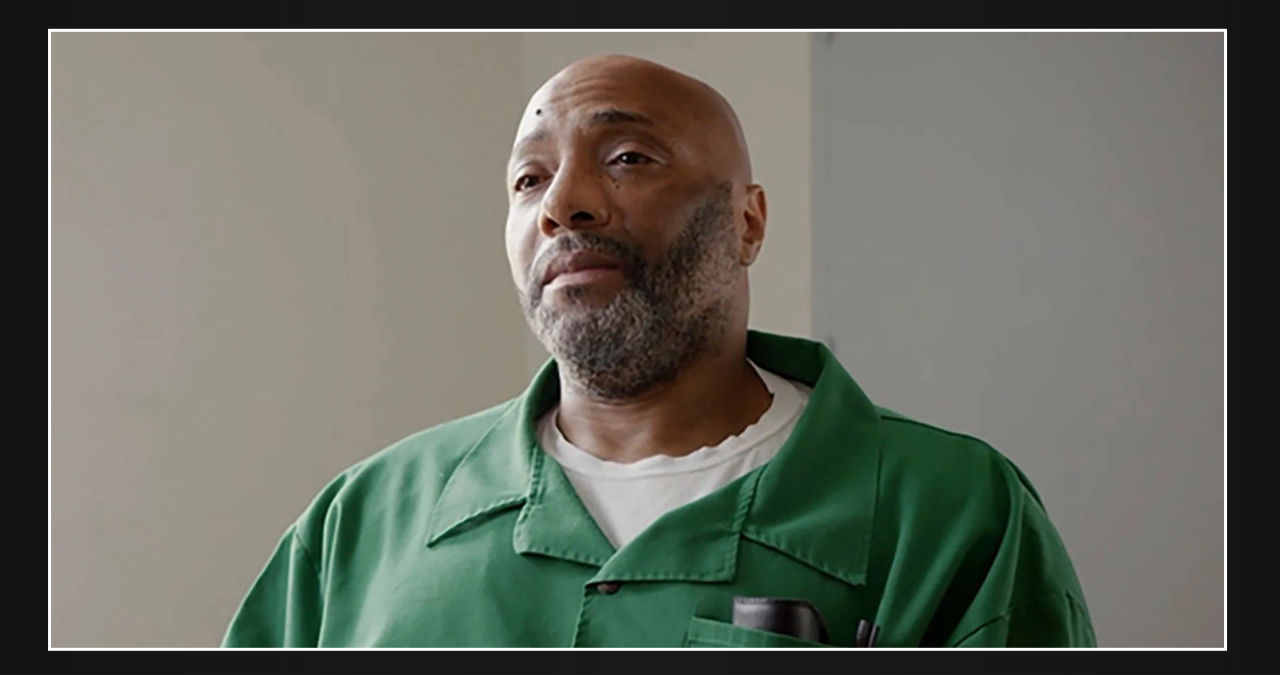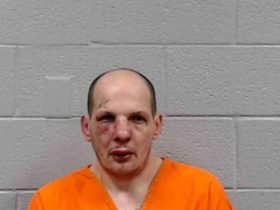In order to remove the governor’s clemency authority and allow someone else to hear his case, a federal judge denied the plea of a South Carolina inmate slated for execution next week.
Richard Moore’s lawyers contended that because he was a state attorney general who oversaw prosecutors pursuing Moore’s appeals, Gov. Henry McMaster could not make an impartial decision on whether to commute Moore’s death sentence to life imprisonment. Additionally, McMaster informed reporters that he had no intention of reducing Moore’s sentence in 2022, after setting and then canceling an execution date.
Moore will likely receive a lethal injection on November 1 after exhausting all of his appeals.
Moore’s lawyers argued that, due to McMaster’s earlier participation in his case, the power to award Moore clemency should be delegated to a parole board or another body.
However, Judge Mary Geiger Lewis ruled on Monday that the governor has the exclusive authority to give mercy under the state constitution.
Lewis claimed Moore’s lawyers overemphasized McMaster’s comments in 2022, especially after the governor voluntarily provided her court with a sworn statement stating that under his oath of office—wwhich he has taken three times—hhe swore to protect and defend the state and federal constitutions, as well as fulfill his legal obligations with capital punishment.
“Governor McMaster released his statement approximately two and a half years ago. Moore had not yet filed a petition suggesting any grace-oriented reasons for mercy at the time, and Governor McMaster’s only basis for evaluating Moore’s sentence was his awareness of Moore’s extensive judicial processes,” Lewis wrote.
Former attorneys general lead nine states, including South Carolina. Former Arkansas President Bill Clinton is among the top prosecutors identified by the state who went on to become governors and make clemency decisions.
Moore’s allegations are based on the assumption that the Governor will not commute his death sentence. Whatever the Governor finally decides, that decision is solely his,” McMaster’s counsel stated.
Moore, 59, received a death sentence for the murder and shooting of James Mahoney, a store worker, in September 1999. Moore entered the Spartanburg County store unarmed to rob it, and the two engaged in a shootout when Moore stole one of Mahoney’s guns. Moore sustained an arm wound, while Mahoney succumbed to a bullet wound to his chest.
His lawyers are seeking a pardon, arguing that the sentence was excessive because he did not enter the store with a gun and may have fired in self-defense. There is no CCTV footage of the shooting. Moore’s attorneys claim he has no jail record breaches and has pledged to continue assisting in the rehabilitation of other offenders as long as he remains in prison.
Moore’s supporters claimed that his eagerness to mentor other offenders, as well as his clean jail record, make him a worthy candidate for the governor’s clemency.
No recent South Carolina governor has granted clemency to a person facing the death penalty. McMaster has stated that he decides each case on its merits following a thorough review.
McMaster will announce Moore’s execution just minutes before the execution, as usual, after Moore’s appeals have been exhausted. McMaster emphasized the importance of allowing a case to take its full course.
“I don’t decide until we reach the finish. That’s when you need to make the announcement.” And there’s always the possibility that something will change a governor’s mind,” McMaster told reporters last week.
Moore has filed a request with the U.S. Supreme Court to halt the execution, arguing that a lower court should investigate the fairness of the jury’s decision not to include any African Americans, despite Spartanburg County being 20% Black in the 2000 U.S. Census.
Moore is as involved as possible in his children’s and grandchildren’s lives, according to Moore’s son Lyndall. “He has mentored other young people.” “He’s a God-fearing man,” he explained.
Moore’s execution would be the second in South Carolina, following a 13-year hiatus because the state was unable to procure one of the medications required for fatal injections.











Leave a Reply